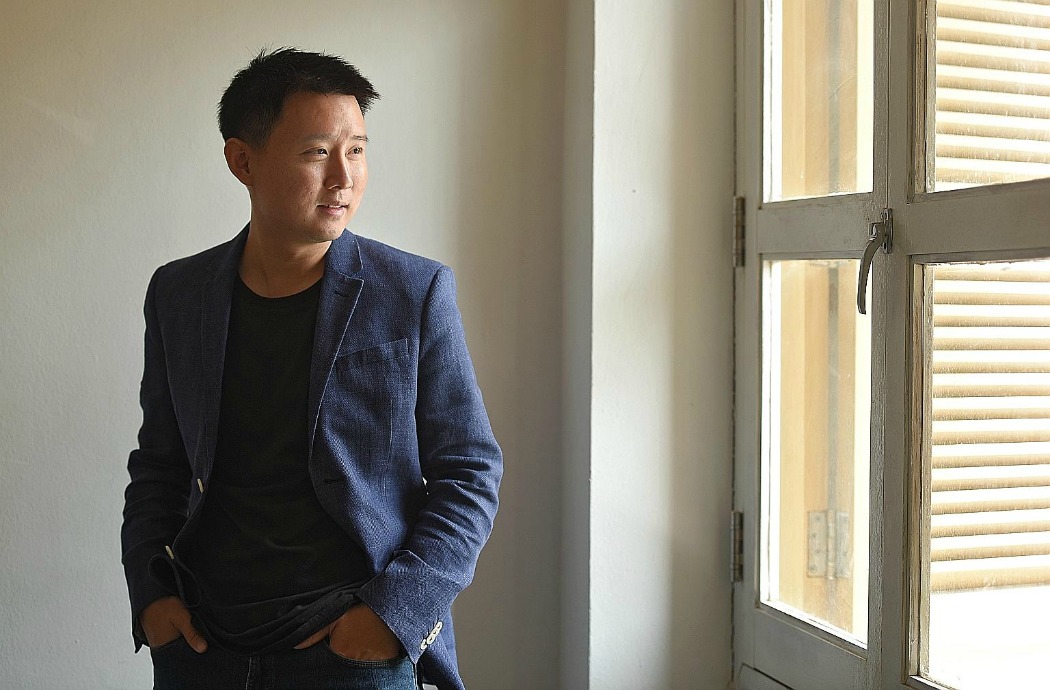Accommodation start-ups set to stay

As Airbnb challenges hotel chains across the globe, some local accommodation start-ups are quietly carving out slices of the regional pie.
The co-founder and head of sales of start-up MetroResidences, Mr James Chua, believes the trick is to focus on a particular niche segment of the market where there is a gap.
Launched in 2014, MetroResidences, with 25 staff, runs a platform on which overseas businesses can rent affordable serviced apartments for their staff when they visit Singapore on work trips.
The start-up does not own the local properties but sources them from private owners or companies.
“We target travellers staying from one month to 12 months. For example, engineers engaged to work on the new train lines will likely stay for a few months… We provide an affordable alternative as other serviced apartments in the market can be quite pricey at more than $8,000 a month for a one-bedroom apartment,” he added.
Mr Amit Saberwal, the founder and chief executive of start-up RedDoorz, agrees that focus is a key ingredient, but added that testing out the business model in real markets will be crucial.
RedDoorz, which started in 2015, is aimed at young budget travellers and manages a chain of budget hotels in South-east Asia by bringing hundreds of unbranded budget hotels under its brand.
It currently has more than 500 properties in Indonesia and six in Singapore, with plans to move into the Philippines, Vietnam, Malaysia and Thailand in the next two years.
“In order to find out which parts of your idea will actually gain traction in the market, you need to test it out and see if you can replicate it consistently. For RedDoorz, we first tested our business model in three places in Indonesia: Jakarta, Bali and Bandung. With that, we found that our model worked best with a larger domestic market.
“We found that we had traction with younger travellers targeting budget accommodation so we have focused on building around that and using similar models in the other markets,” he said.
Technology has been vital in helping RedDoorz find customers.
“For our customers, we have a mobile-responsive website and an Android app. The app is the largest channel through which we engage our customers – 77 per cent of our bookings are mobile bookings. We have a team of about 15 members in India dedicated to our technology operations,” Mr Saberwal said.
For MetroResidences, Mr Chua said half its recent funding from Internet firm Rakuten of about $4 million will go towards strengthening its technological capabilities.
“Technology will allow us to provide seamless bookings. Customers should be able to go to a platform which works smoothly and get an immediate confirmation upon booking… Technology will also allow us to manage more properties. All this will enable us to surpass our competitors,” said Mr Chua.
The journey towards growth has not been without its challenges.
Mr Chua, whose platform manages more than 400 properties in Singapore, highlighted the importance of pacing business growth.
“It is indeed tempting to grow our supply of properties quickly but we don’t want to succumb to large numbers. Instead, we want to be more selective and restrain ourselves in order to pride MetroResidences on quality,” he said.
In order to overcome these challenges, it is important for the start-up to concentrate and build on its core competencies.
“We don’t want to fight in an arena in which we cannot win. For one thing, we cannot outspend the larger hotels in marketing. Instead, we play to our strengths. For instance, the variety of properties we have in over 80 locations allows customers to choose a place close to where they work,” he added.
Mr Saberwal agreed: “Competition will always be there but we stick with our strategy of focusing on our main operations and execution. This is not a winner-takes-all model – there’s always a slice of the pie to go around as long as we do our job well.”
This article was originally posted on the Straits Times, by Samuel Chan.




